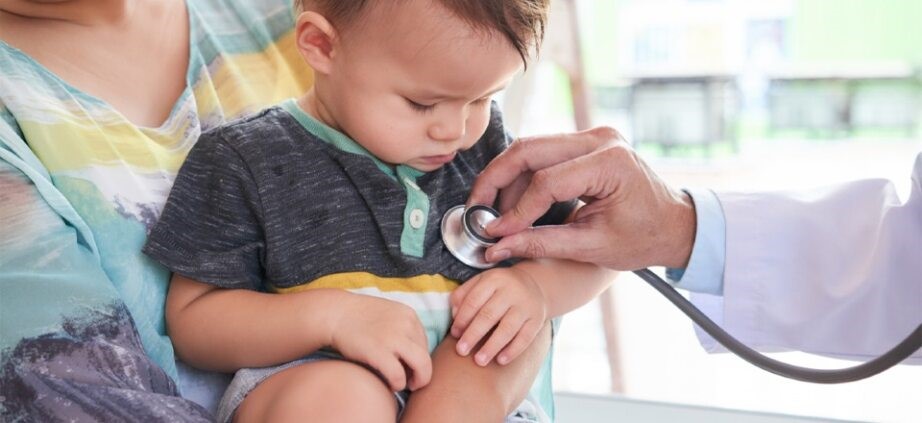Categories
Raising Awareness about CDKL5 in South Asia
Jul 24, 2024
- Read in Telugu
- Read in Hindi
Understanding CDKL5 Deficiency Disorder:
CDKL5 deficiency disorder (CDD) is a rare genetic condition that affects the nervous system. This disorder often causes early-onset epileptic seizures, severe developmental delays, and motor problems. CDKL5 is estimated to affect 1 in 42,000 individuals worldwide, with a higher prevalence among females. In India, not many people know about CDKL5, so there's a big need to help families who are affected and to promote research and advocacy. Every year, more children in India are diagnosed with CDKL5 deficiency disorder. Globally, thousands are affected, including many in different parts of India. Especially in rural areas, families often don't have the right access to diagnosis and treatment, making their situation even harder.
Early Detection and Intervention: Experts say it’s important to diagnose and start treatment early to help manage symptoms and improve the lives of children with CDKL5 deficiency disorder. Signs to watch for include:
- Delays in developmental milestones like holding up their head by six months or making eye contact by three months.
- Sudden seizures starting as early as up to four to six months old.
- Delays in physical and cognitive growth.
Causes and Risk Factors: CDKL5 deficiency disorder is caused by changes in the CDKL5 gene, which is important for brain development. These genetic changes usually happen spontaneously and may not caused by external factors. It's not caused by anything a parent does, and it's not contagious.
Treatment and Management: as of June 2024, there is no cure for CDKL5 deficiency disorder, but treatments can help manage the symptoms:
- Seizure Management: Medications, the ketogenic diet, CBD oil, can help control seizures.
- Therapies: Regular physical therapy can improve motor skills. Other therapies include speech, occupational, and vision therapy. Therapies have shown to help significantly.
Preventive Measures: Since exact cause of CDKL5 is still not known, good prenatal care, including proper nutrition and regular check-ups during pregnancy, is essential. Families with a history of genetic disorders should consider genetic counseling to understand risks and preventive measures. Genetic disorders are also commonly observed when close relatives marry, or people within the same sect marry. This increases the likelihood to inherit the same genetic problems that are hidden in the family’s genes. So genetic screening is essential.
CDKL5 South Asia (cdkl5southasia.com) is dedicated to helping patients with CDKL5 deficiency disorder. They work on:
- Raising Awareness: Educating the public and healthcare professionals about CDKL5.
- Support Networks: Providing support groups for families to share experiences and resources.
- Research and Funding: Promoting research to find better treatments and, hopefully, a cure.
- Policy Advocacy: Working with policymakers to improve healthcare access and support for affected families.











